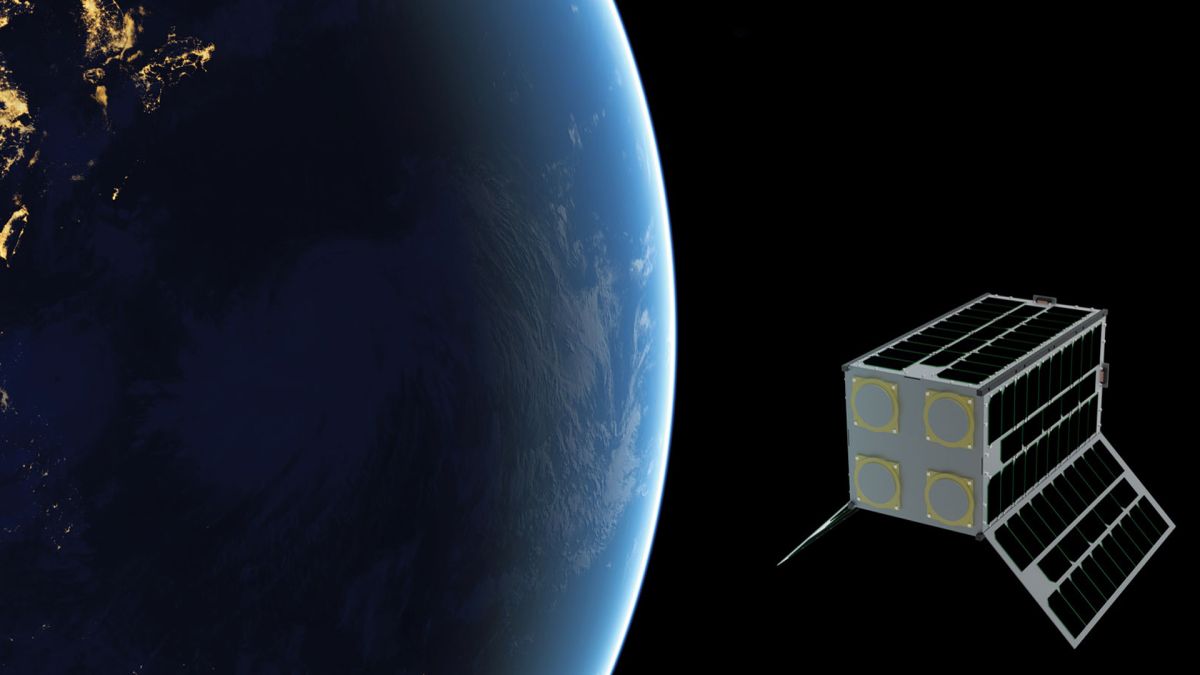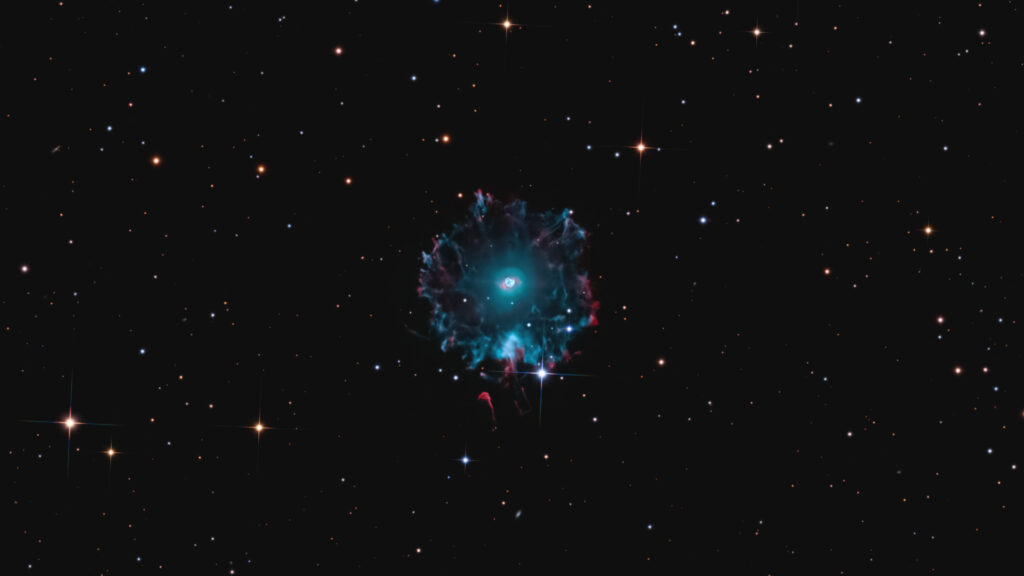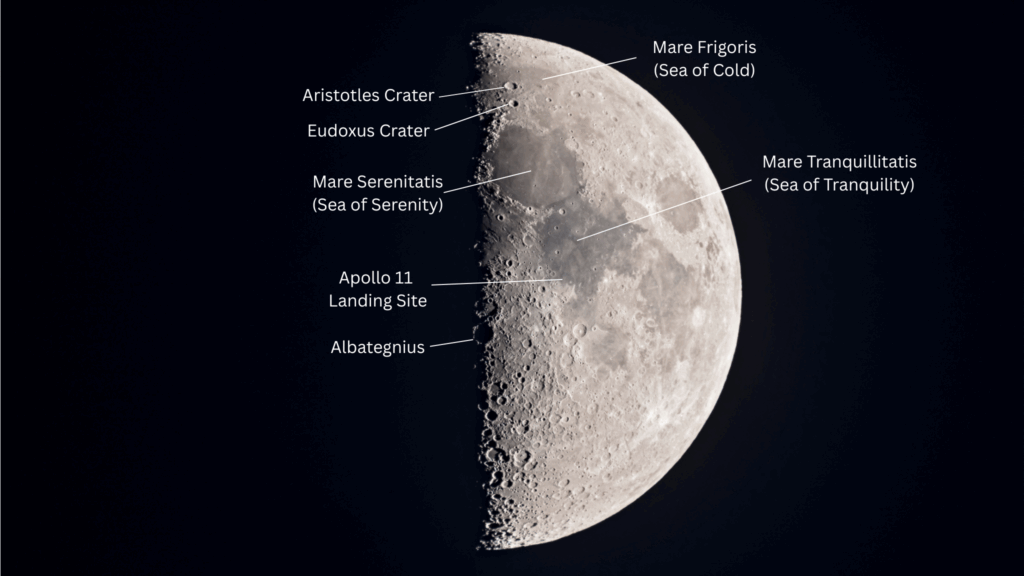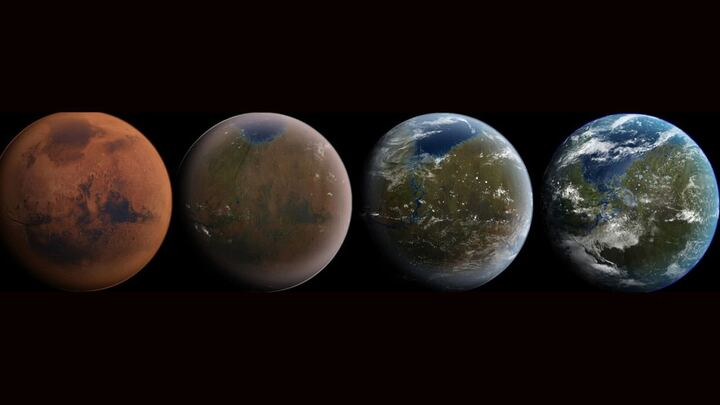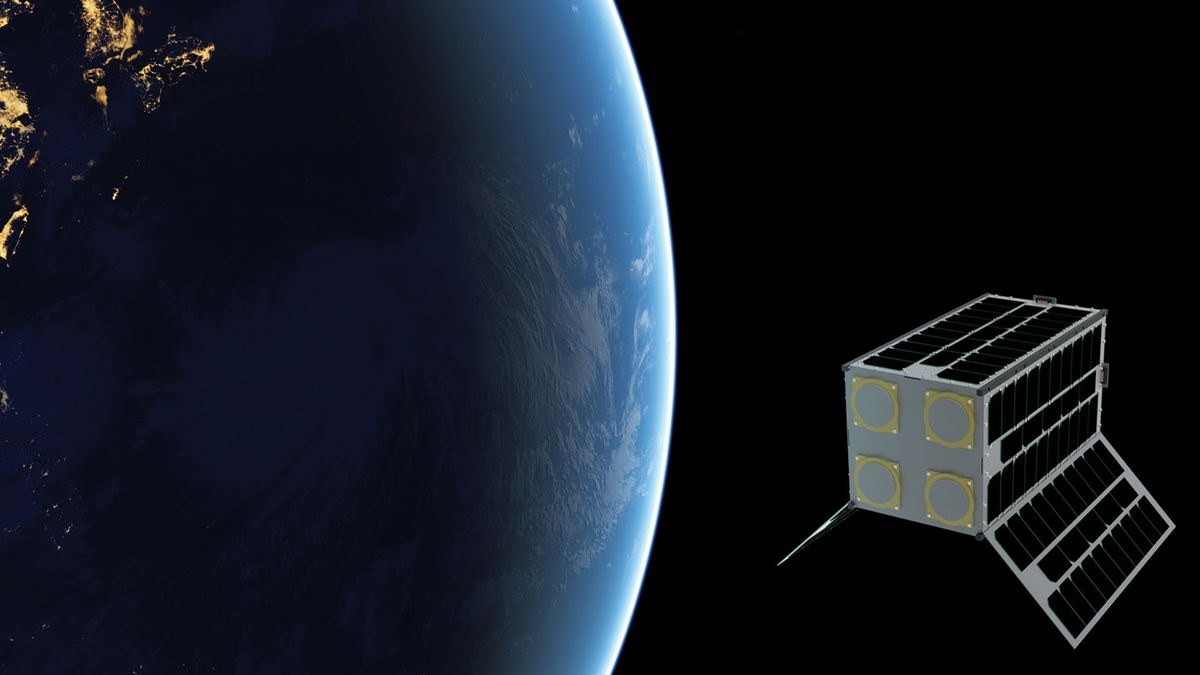
A private space mission will study how solar flares generated by nearby stars can affect habitability of exoplanets in their orbit.
The mission, called Mauve, will be launched in 2024 by the private company Blue Sky Space, which is also developing a commercial exoplanet-watching satellite called Twinkle.
Mauve will carry an ultraviolet spectrometer and a 6-inch (15-centimeter) telescope to observe the activity of stars close to the sun. Stars such as the sun commonly expel huge amounts of energized particles in the form of coronal mass ejections and generate powerful flashes of light known as solar flares. These phenomena influence the environment around the stars, battering nearby planets with powerful solar winds that can eat away at the planets’ atmospheres and sterilize their surfaces.
Related: James Webb Space Telescope snags its 1st direct photo of an alien world
Astronomers will be able to buy observing time on Mauve to better understand how the activity of stars affects the habitability of planets in their orbits.
“Mauve will be transformational in helping us understand the flaring behavior of a population of nearby stars, most of which are even more active than our sun,” Giovanna Tinetti, a professor of astrophysics at University College London and a chief scientist at Blue Skies Space, said in a statement (opens in new tab). “By monitoring other stars hosting planets, we will also better understand the behavior of our own star, the sun, and its potential impact on Earth.”
The construction of the satellite, scheduled to launch in 2024, will begin in November, the U.K.-headquartered Blue Sky Space said in the statement. The spacecraft and its instruments will be built in partnership with Hungarian manufacturer C3S LLC and ISISPACE Group in the Netherlands.
Related stories:
“Mauve will open a new opportunity for astronomy and planetary research and generate greater access to stellar [ultraviolet] data which is currently very sparse,” Italian Astronomer Giuseppina Micela from the INAF Observatory of Palermo, who advised the team on the science, said in the statement.
Blue Sky Space’s CEO Marcell Tessenyi added: “I am very excited about the cutting-edge science enabled by Mauve and the close collaboration between UK and European partners to build it, enabled by the funding support of the European Commission.”
Follow Tereza Pultrova on Twitter @TerezaPultarova (opens in new tab). Follow us on Twitter @Spacedotcom (opens in new tab) and on Facebook (opens in new tab).
